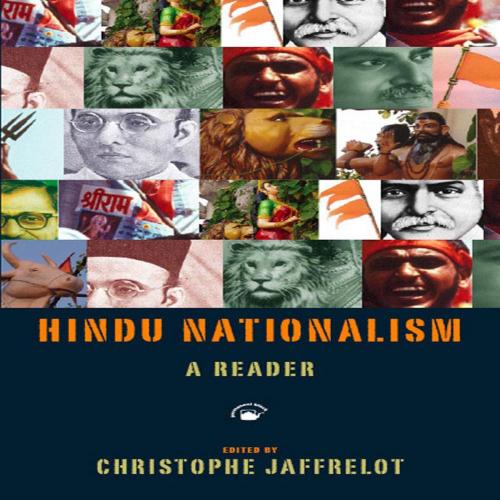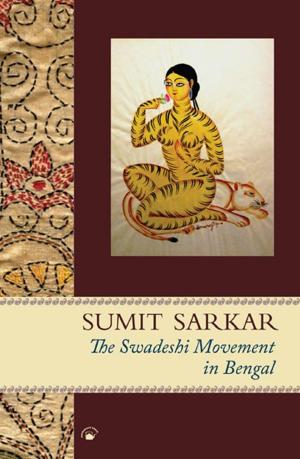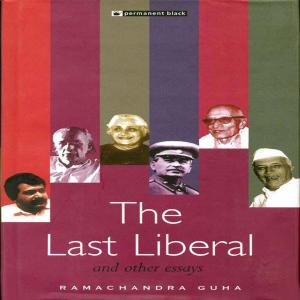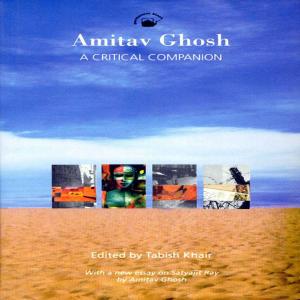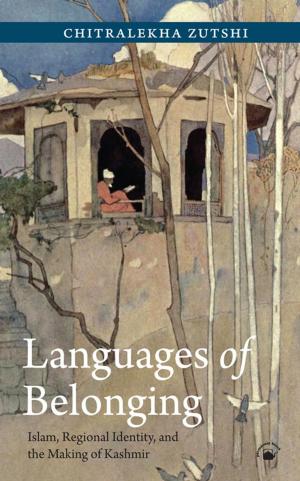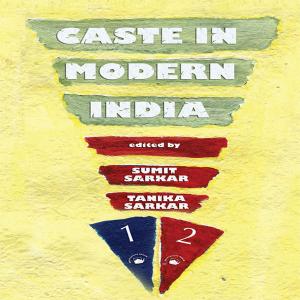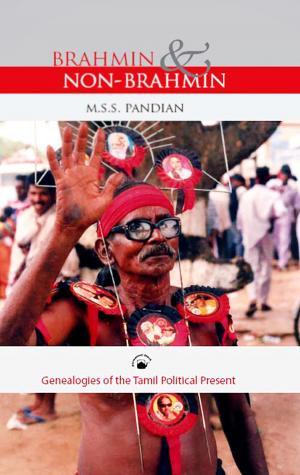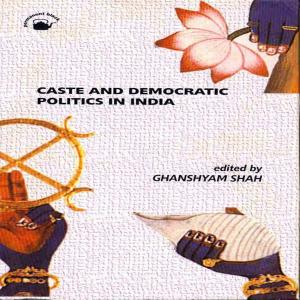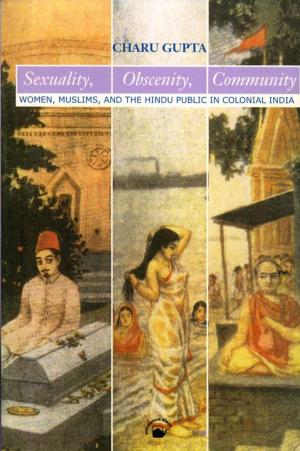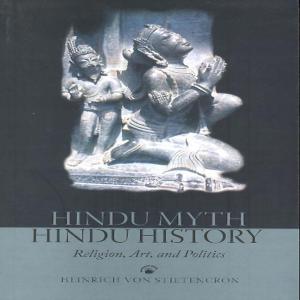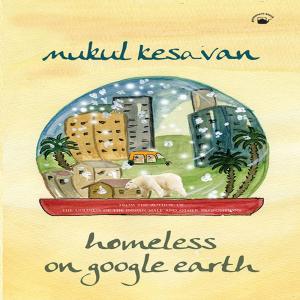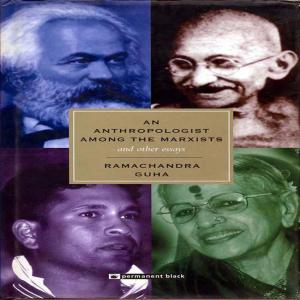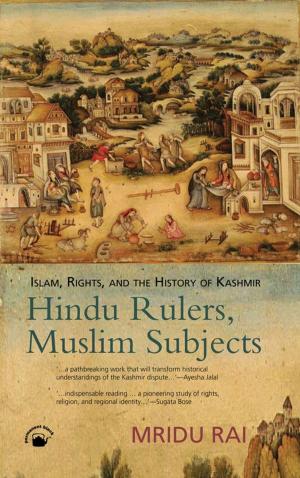| Author: | Christophe Jaffrelot | ISBN: | 9788178244204 |
| Publisher: | Permanent Black | Publication: | August 24, 2018 |
| Imprint: | Language: | English |
| Author: | Christophe Jaffrelot |
| ISBN: | 9788178244204 |
| Publisher: | Permanent Black |
| Publication: | August 24, 2018 |
| Imprint: | |
| Language: | English |
In India and beyond, Hindu nationalism came into the headlines in the 1990s, when the Ayodhya movement—to build a temple in place of a mosque—gained momentum. This was when the Hindu nationalist Bharatiya Janata Party (BJP) came to power. This stream of Indian politics is, however, considerably older: in fact older than the Left, the Congress, and any other.The first part of this reader, comprising the writings of both famous and unknown ideologues, shows that some of the nineteenth-centuryHindu socio-religious reformers, such as Dayananda (founder of the Arya Samaj), prepared the ground for Hindu nationalism by positing a Vedic Golden Age. On this foundation, leaders of the Hindu Mahasabha and the Rashtriya Swayamsewak Sangh (RSS) elaborated their vision of Hindu India in the twentieth century.Now, V.D. Savarkar viewed the Muslim as the perfect ‘Other’, a figure to be stigmatized and emulated with fascinating ambivalence. A full-fledged ethno-religious concept, Hindutva, came into being, a notion that mentors of the Jana Sangh and the BJP—such as Deendayal Upadhyaya and Balraj Madhok— refined subsequently by adding Gandhian nuances as well as more exclusivist overtones. The second part of the reader outlines every major political issue on which the Hindu nationalist movement has taken a distinct position. These include: how to participate in party politics without diluting the core cultural doctrine; how to cope with conversions by catering more to class needs; how to promote Hindi without alienating South India; how to fight reservations without losing the Other Backward Castes vote; how to criticize secularism without seeming communal; how to reform education and the economy; how to recuperate Kashmir; and how to make the Hindu diaspora replicate the original ideology beyond India’s boundaries. In brief, this reader is indispensable for anyone who wishes to understand contemporary Indian politics, society, culture, and history.
In India and beyond, Hindu nationalism came into the headlines in the 1990s, when the Ayodhya movement—to build a temple in place of a mosque—gained momentum. This was when the Hindu nationalist Bharatiya Janata Party (BJP) came to power. This stream of Indian politics is, however, considerably older: in fact older than the Left, the Congress, and any other.The first part of this reader, comprising the writings of both famous and unknown ideologues, shows that some of the nineteenth-centuryHindu socio-religious reformers, such as Dayananda (founder of the Arya Samaj), prepared the ground for Hindu nationalism by positing a Vedic Golden Age. On this foundation, leaders of the Hindu Mahasabha and the Rashtriya Swayamsewak Sangh (RSS) elaborated their vision of Hindu India in the twentieth century.Now, V.D. Savarkar viewed the Muslim as the perfect ‘Other’, a figure to be stigmatized and emulated with fascinating ambivalence. A full-fledged ethno-religious concept, Hindutva, came into being, a notion that mentors of the Jana Sangh and the BJP—such as Deendayal Upadhyaya and Balraj Madhok— refined subsequently by adding Gandhian nuances as well as more exclusivist overtones. The second part of the reader outlines every major political issue on which the Hindu nationalist movement has taken a distinct position. These include: how to participate in party politics without diluting the core cultural doctrine; how to cope with conversions by catering more to class needs; how to promote Hindi without alienating South India; how to fight reservations without losing the Other Backward Castes vote; how to criticize secularism without seeming communal; how to reform education and the economy; how to recuperate Kashmir; and how to make the Hindu diaspora replicate the original ideology beyond India’s boundaries. In brief, this reader is indispensable for anyone who wishes to understand contemporary Indian politics, society, culture, and history.
